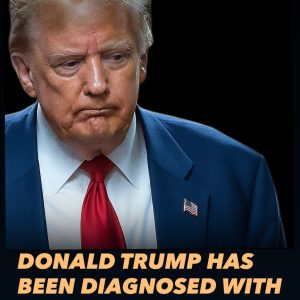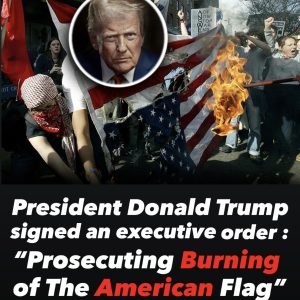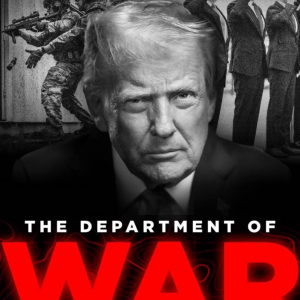On Monday, the Supreme Court handed down one of the most important rulings of this term in Trump v. United States. In a 6-3 decision along ideological lines, the court ruled that 45th President Donald Trump is partially immune from special counsel Jack Smith’s prosecution. Trump was granted immunity for “official acts” while not being granted immunity for “unofficial acts.”
“The President enjoys no immunity for his unofficial acts, and not everything the President does is official,” the court ruled. “The President is not above the law. But Congress may not criminalize the President’s conduct in carrying out the responsibilities of the Executive Branch under the Constitution. And the system of separated powers designed by the Framers has always demanded an energetic, independent Executive. The President therefore may not be prosecuted for exercising his core constitutional powers, and he is entitled, at a minimum, to a presumptive immunity from prosecution for all his official acts. That immunity applies equally to all occupants of the Oval Office, regardless of politics, policy, or party.”
This court’s decision is the first time that the Supreme Court has ever considered whether a president can be held criminally liable for actions taken while in office. Trump’s lawyers have repeatedly argued that he should be given absolute immunity for official acts taken while in office even after he leaves the White House. The court’s ruling may undermine some of special counsel Jack Smith’s case against the 45th president and it will surely delay the trial until after the November election. The case will now head to lower courts to determine what specific actions could be considered “official” and “unofficial” acts.
The special counsel charged Trump last year with four charges related to his actions following the 2020 election and January 6, including conspiracy to obstruct and impede the January 6 certification of the vote, a conspiracy to defraud the United States, and a conspiracy against the right to vote.




